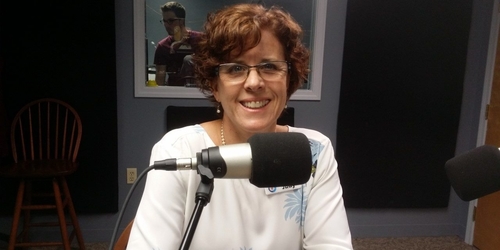
People who don’t drink when they reach middle age could have a heightened risk of dementia. A long term study of more than 9,000 people in London found that people who drank over the recommended limits for men and women, and those who were completely sober were at higher risk of the disease.

Not Drinking During Midlife May Be Connected to Dementia
The study was published in the British Medical Journal (BMJ). It followed people who were between 35 and 55 when it began in the mid-80s.
Not drinking in midlife was connected to 45% higher risk of dementia compared to people who consumed a normal amount of alcohol a week. Long term abstainers and those who reported a decrease in alcohol consumption also had an increased risk.
Researchers measured during the years of 1985 and 1993. This is when the participants had an average age of 50. They were followed up for an average of 23 years, with cases of dementia identified through hospital, mental health service, and mortality records.
A total of 397 cases were recorded.
The Connection Between Alcohol and Dementia
The team of French and British researchers think that part of the increased risk of the disease in abstainers could be due to the greater risk of cardiometabolic disease.
Among excessive drinkers, they found a higher risk the more a person drank. With every 7 unit per week increase there was a 17% rise in dementia risk.
More research needs to be done with not only middle age, but with older people as well.
Read more here.



